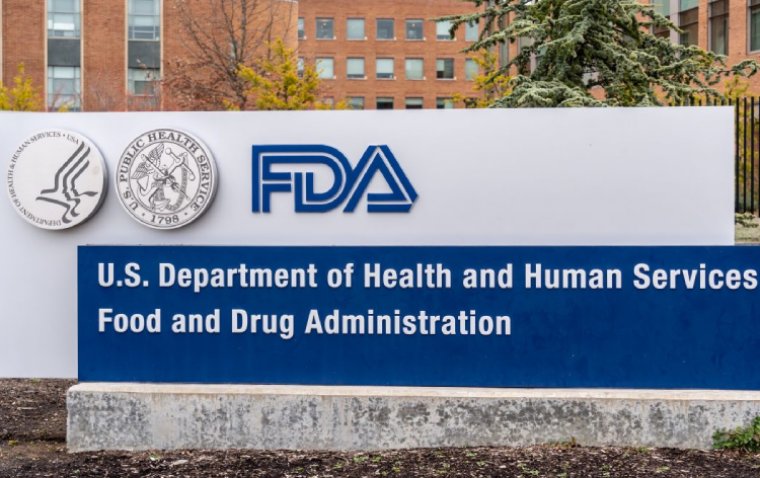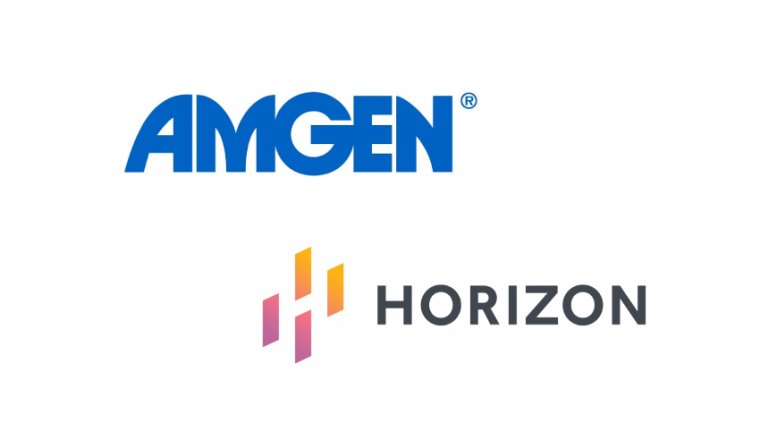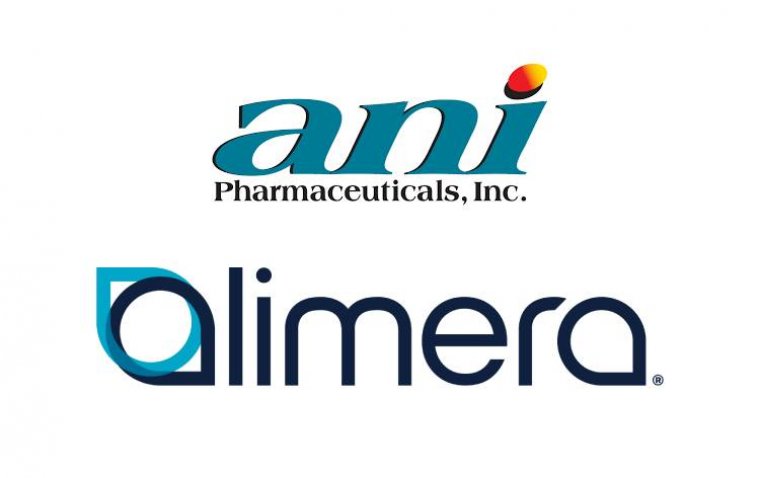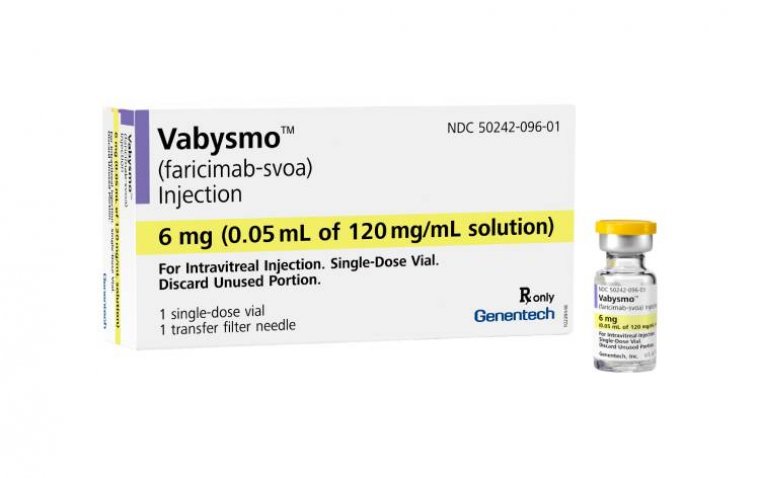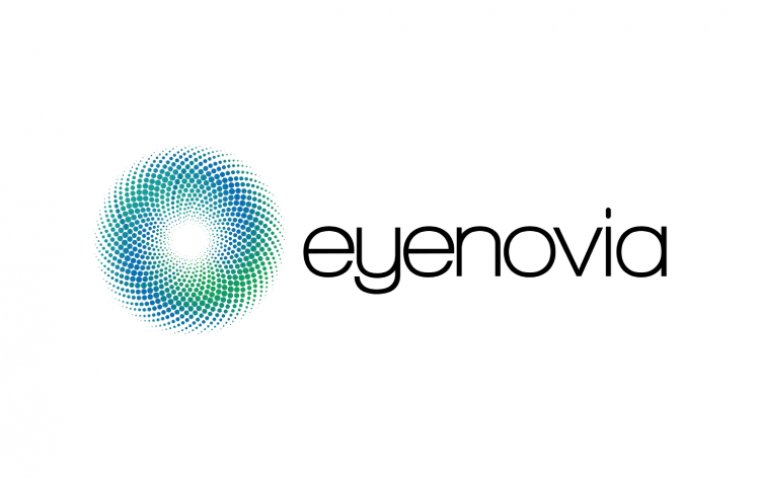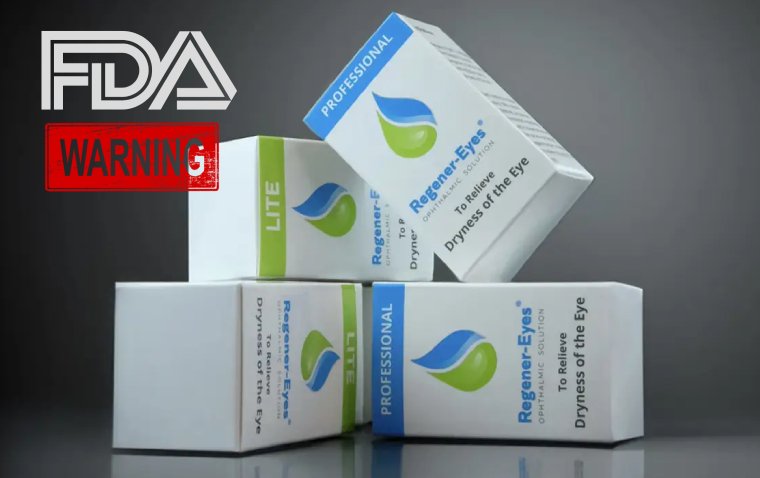
Eye Drop Company Faces FDA Scrutiny Again Over Unapproved Products
The FDA has issued a warning letter to the Regenerative Processing Plant, manufacturer of Regener-Eyes Pro and Lite eye drops, for marketing unapproved products claiming to treat dry eyes. These products, which contain amniotic fluid, raise significant safety concerns. The FDA flagged the company for several violations of current good manufacturing practices (CGMP), including failure to validate aseptic practices and inadequate environmental monitoring.
In 2021, Regener-Eyes received a similar warning related to its use of amniotic fluid. Despite assurances that production had ceased, the FDA inspection revealed continued shipments of amniotic fluid, linking the product codes to those produced after June 2021.
Key Safety Concerns
The FDA cited major concerns regarding the company’s eye drops, which are formulated with sodium chloride, an ingredient that is not permitted in over-the-counter lubricants. The labeling of the products was also deemed misleading, with sodium chloride incorrectly listed as an inactive ingredient when, in fact, it plays an active role in treating conditions. Additionally, the drops were packaged in multi-dose vials without preservatives, leaving the product vulnerable to contamination and posing risks to consumers. The absence of a backflow prevention mechanism in the packaging further exacerbates the risk of bacterial or fungal growth.
Risks of Amniotic Fluid Use
Experts, including Dr. Sandra Brown, MD, from Cabarrus Eye Center and a board member of the Dry Eye Foundation, have raised alarms over the use of amniotic fluid in eye drops. She noted that without established quality control measures, the fluid could be contaminated with bacteria or viruses, including sexually transmitted diseases. Proteins in the fluid degrade quickly when stored at room temperature, rendering them ineffective within hours.
A Broader Issue with Unregulated Eye Drops
This case is part of a larger pattern of FDA oversight of problematic eye drops, following issues with other products such as EzriCare Artificial Tears, which were linked to bacterial outbreaks earlier in 2023. Paul Knoepfler, PhD, a stem cell expert, remarked on the FDA’s slow response to unapproved biological drugs, noting that the agency often takes incremental steps, such as untitled and warning letters, which can extend the period of consumer risk.
The FDA's inspection of the Regenerative Processing Plant found three main violations: manufacturing unapproved new drugs, misbranding, and several CGMP violations. This is not the first time the FDA has warned manufacturers of eye drops over bacterial and fungal contamination risks, as seen with recalls of several products sold at major retailers such as CVS, Rite Aid, and Target.
FDA Continues to Monitor Eye Drop Manufacturers
The FDA’s ongoing scrutiny of eye care products aims to address the growing concern over the safety and quality of over-the-counter eye drops, both domestically and internationally. Manufacturers are urged to adhere to CGMP and ensure proper labeling and packaging to prevent harm to consumers.
For now, the FDA has recommended that Regenerative Processing Plant bring its products into compliance and warned consumers about the potential risks of using unapproved eye drops.
(1).jpg)
